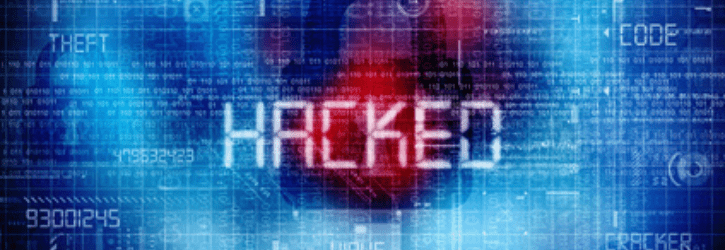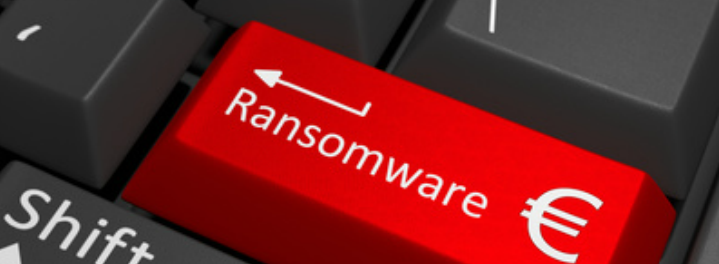
Welcome To The Data Leak Lawyers Blog
We focus on the latest news surrounding data breaches, leaks and hacks plus daily internet security articles.

We focus on the latest news surrounding data breaches, leaks and hacks plus daily internet security articles.

A ‘spambot’ named Onliner has reportedly collected personal information tied to 711 million email addresses and dumped them on a server.
The spambot was designed to infect devices, spreading malicious software that could steal valuable personal information, as well as discharge viruses and spam/junk emails. Spam emails are not only a nuisance but they often carry phishing software; enticing users to click on seemingly harmless links that hide further malware. From there, cybercriminals can trick users into revealing more information, and sometimes bank details directly, as well as taking control of computers.
read more

A four-star hotel in the U.S. has discovered a data breach that may have compromised an undisclosed number of guests’ credit card information.
The Galt House Hotel, located in the state of Kentucky, discovered malicious software stealing information from a “payment card processing system” where credit card information is stored for payment purposes.
An internal investigation discovered the malware, and it’s believed that guests who used their credit cards to pay for visits between 21st December 2016 and 11th April 2017 may be affected.
read more

U.S. payment kiosk vendor, Avanti Markets, recently fell victim to a malware scam. The U.S. kiosk vendor’s innovation is to take away counter services and replace them with an all-serving vending machine that covers whole sandwiches, fruit, drinks and junk food with one payment system.
read more

WhatsApp and Telegram are the latest victims to third party data hacking which saw millions of users vulnerable to having their accounts taken over and held to ransom.
Hackers utilised a weakness in images being sent through the messaging apps to hide malware that could eventually take over accounts.
Once again – no one is safe!!!
read more

Malware and ransomware has been on a sharp rise in recent years, with security researchers saying that cyberthieves are adopting them in “alarming” numbers.
The rise in these types of cyber-attacks are usually money driven.
Malware is a software that’s installed covertly onto the user’s computers and disrupts the system to allows the cyber-hacker unauthorised access to it.
There’s a ‘new’ malware on the horizon… and it’s not from an unknown territory.
read more

After eight years of its existence, Avalanche Botnet has now been dismantled in a 4-year-long international operation.
On 30 November, German prosecutors and police – working hand in hand with the Department of Justice and the FBI in the U.S., the EU’s law enforcement agency and other global partners – managed to disembody the international criminal network involved in phishing attacks, bank fraud, and ransomware for years around the world.
read more

Cyber-hacks are becoming more and more sophisticated, and nowadays some cyber-hackers are demanding less from their victims to pay up.
Sometimes, people may feel there is no other way than paying up the ransom to gain access to your computer again. But as with most “products” or “services” there is usually a marginal propensity to pay – which is basically the willingness of someone to pay a price.
Would you pay £100 for a bottle of 2 litre milk? Probably not. Would you pay a pound for it? I’m sure you would.
Well, the hackers are employing the same tactic to make sure it’s cheap enough for people to pay as opposed to calling the police…
read more

Scientists in Florida have developed software to stop ransomware in its tracks, sources from the BBC have confirmed. According to reports, the software called “CryptoDrop” can detect malware and stop it in its tracks.
This is big news, especially for businesses who have reportedly lost millions in paying ransomware demands because it’s less costly just to pay up and move on as opposed to hours lost getting systems back online which cost organisations even more money.
read more

Just this week we were posting about the rise of ransomware, and today the news agencies are reporting of a malicious attack that has infected users with ransomware when hackers were able to take control of banner adverts that linked to malicious software.
The hackers managed to gain control of a domain that the former owners didn’t renew, meaning that legitimate ad agencies were inadvertently displaying adverts that linked to a separate page that then tried to put ransomware on to their computers.
read more

Ransomware is on the rise, and security experts are warning businesses and individuals to take extra care in the wake of a surge in reported cases.
Essentially ransomware has the capacity to lock a user out of their own system and demand a financial ransom by encrypting data on an infected device. The decryption key is then only made available once a ransom has been paid.
It’s a clever way in which scammers are making money – and we’re not just talking a few pounds here and there. Worldwide, the total amount of money being paid in ransomware is in the millions.
read more
EasyJet admits data of nine million hacked
British Airways data breach: How to claim up to £6,000 compensation
Are you owed £5,000 for the Virgin Media data breach?
Virgin Media faces £4.5 BILLION in compensation payouts
BA customers given final deadline to claim compensation for data breach
Shoppers slam Morrisons after loyalty points stolen
Half a million customers can sue BA over huge data breach
Lawyers accuse BA of 'swerving responsibility' for data breach
The biggest data breaches of 2020
Fill out our quick call back form below and we'll contact you when you're ready to talk to us.